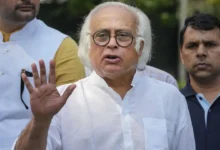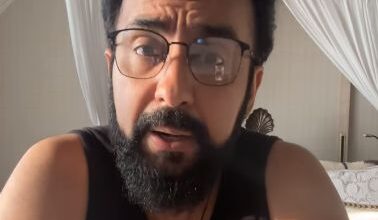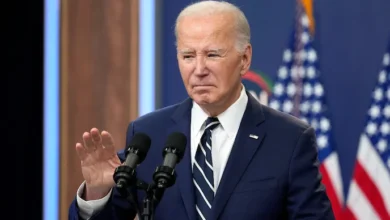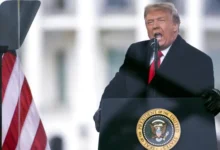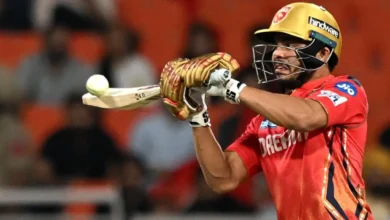-
NATIONAL

Chhattisgarh: An unintentional grenade launcher shell explosion kills a CRPF…
In the Bijapur region of Chhattisgarh, a 32-year-old jawan of the Central Reserve Authorities Force…
Read More » -
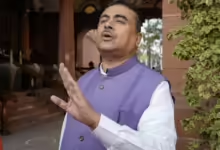
-

-

-

-
UP STATE

In the West UP seat, London-educated Kairana ki Beti challenges…
In Western Uttar Pradesh, Kairana is under scrutiny. There has been a long-standing feud between…
Read More » -

-

-

-
BIHAR

This Bihar girl, who topped IIT, placed 66th in BPSC,…
On Tuesday, the much expected Union Public Service Commission (UPSC) 2023 test results were made…
Read More » -

-

-

-
ENTERTAINMENT

Mumbai: In a case involving bitcoin fraud, the ED seizes…
In connection with a Bitcoin investment fraud case, the Enforcement Directorate (ED) is reported to…
Read More » -
ENTERTAINMENT

Before welcoming her son Azad, Kiran Rao opens out about…
Kiran Rao, the ex-wife of Aamir Khan, made a spectacular return with her second feature…
Read More » -
ENTERTAINMENT
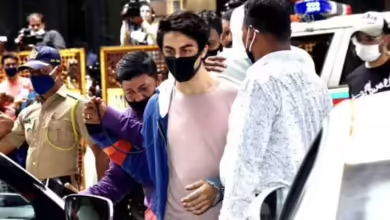
Aryan Khan was exonerated in the drugs-on-cruise case by an…
A year ahead of schedule, the chief of the Special Investigation Team (SIT) established by…
Read More » -
ENTERTAINMENT

Businessman Raj Kundra responds to the seizure of assets worth…
Entrepreneur Raj Kundra posted a mysterious Instagram message late on Thursday night, urging followers to…
Read More »
-
INTERNATIONAL

Following the strike on Israel, the US and Britain impose…
Following Iran’s assault on Israel, the US on Thursday imposed fresh sanctions on the country…
Read More » -
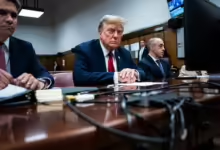
-

-

-

-
HEALTH

Five Crucial Pointers For A Healthy Lifestyle Amid The Pandemonium…
One of the reasons this season is so exciting and cheerful is because wedding season…
Read More » -

-

-

-
LIFESTYLE

While trekking in Scotland, two Indian students fall into a…
While trekking at a well-known tourist destination with four other friends from Scotland, two Telugu…
Read More » -

-

-

-
SPORTS
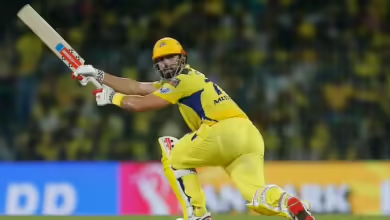
IPL2024: Despite Mitchell’s dismal batting record, CSK coach Stephen Fleming…
Coach Stephen Fleming of CSK has supported the big-money acquisition of Daryl Mitchell despite the…
Read More » -
SPORTS

Impact sub stopping half-all-rounders’ progress: Zaheer Khan supports Rohit Sharma’s…
Following in the footsteps of Rohit Sharma, former Indian cricketer Zaheer Khan voiced his worries…
Read More » -
SPORTS

Suryakumar is amazed by PBKS batter’s masterclass; Ashutosh Sharma is…
During the 2024 Indian Premier League, star batsman Suryakumar Yadav gave Ashutosh Sharma credit for…
Read More » -
SPORTS

Harbhajan Singh criticizes the administration of PBKS for choices made…
Former Indian spinner Harbhajan Singh chastised the management of the Punjab Kings for the choices…
Read More »



